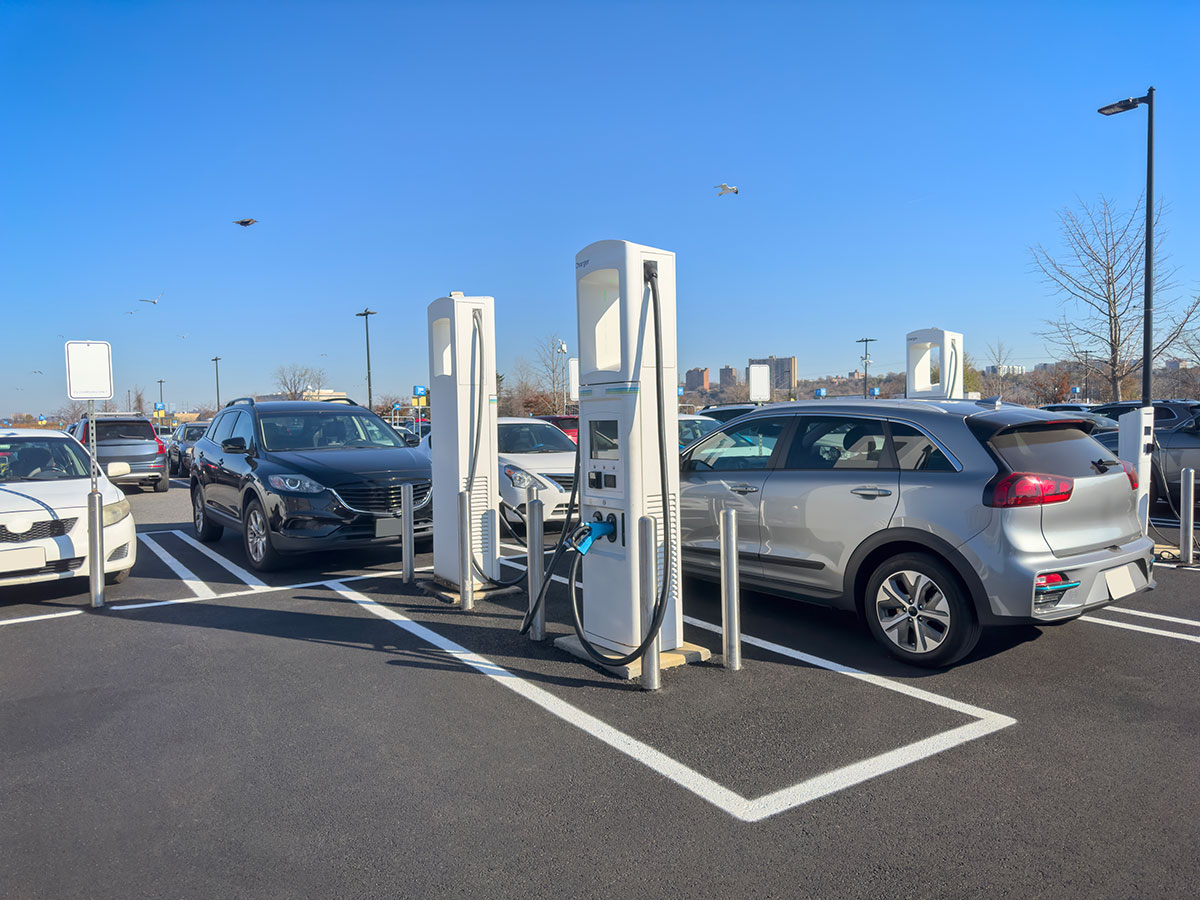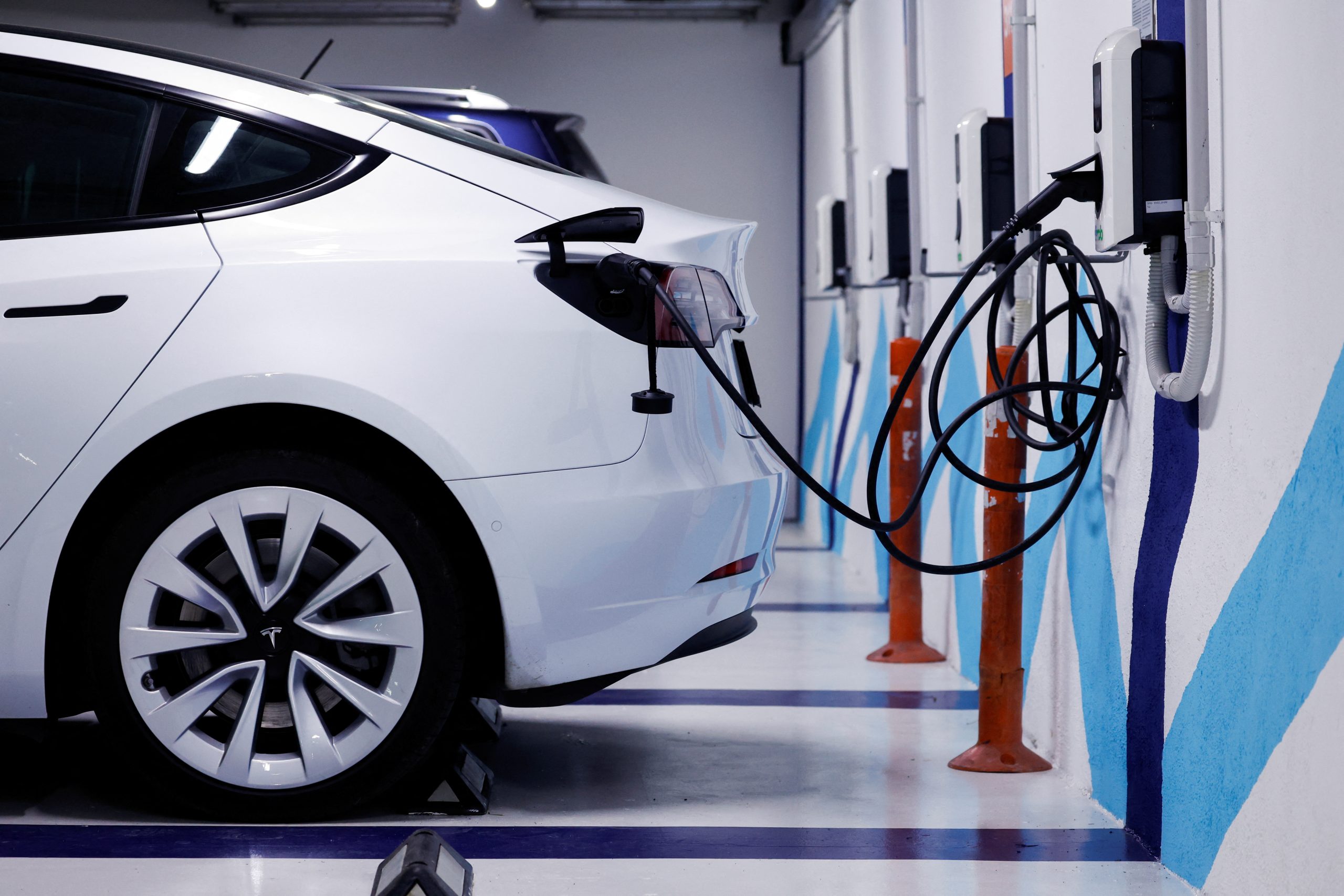According to IRS changes, buyers of certain electric vehicle (EV) models can now claim the $3,750 or $7,500 tax credit at the time of sale. Buyers previously had to wait until tax filing to receive the credit, which reduced their tax payment by up to $7,500. Under the new method, the discount is added to the sale price during purchasing.

IRS Allows Direct EV Tax Credit Discounts Without Income Verification
In the past, buying a qualified EV in 2023 would eliminate a $6,000 tax bill. However, the IRS would not refund any further monies if the individual bought an eligible EV and owed no taxes.
As long as buyers match the Democrats’ $740 billion Inflation Reduction Act‘s income requirements, the tax credit discounts the vehicle’s sale price in 2024. According to IRS instructions, customers can “transfer” credit to the dealer for the reduction. In 2024, EV buyers can get $300,000 for married couples filing jointly, $225,000 for heads of households, and $150,000 for others.
The IRS does not require dealers to verify buyers’ income when administering the immediate EV refund program at the moment of sale. Instead, buyers must confirm they meet requirements. The IRS will produce a sample disclosure form to help dealers declare income limits.
READ ALSO: National debt tops $34 trillion for first time in U.S. history
Changes in EV Tax Credits for 2024 Raise Concerns Over Fraud and Eligibility
The Inflation Reduction Act requires EV vehicles to meet major mineral and battery component battery criteria. However, fewer EV vehicles qualify for the full $7,500 tax credit in 2024 than in 2023. The Chevy Bolt still receives $7,500 in federal tax credits, but Rivian EV vehicles only receive $3,750. The Tesla Model 3 rear-wheel-drive and long-range models no longer qualify.
The immediate point-of-sale discount program has been introduced, although not all EV dealers or merchants provide it. Some experts worry about program fraud and inaccuracies, Tax Foundation president emeritus Scott Hodge. Hodge worries that allowing dealers to rely on buyers’ verbal income verification could lead to errors, fraud, and IRS issues. He forecasts a rise in program fraud and error investigations and exposes them in the future years.




